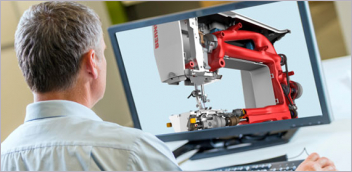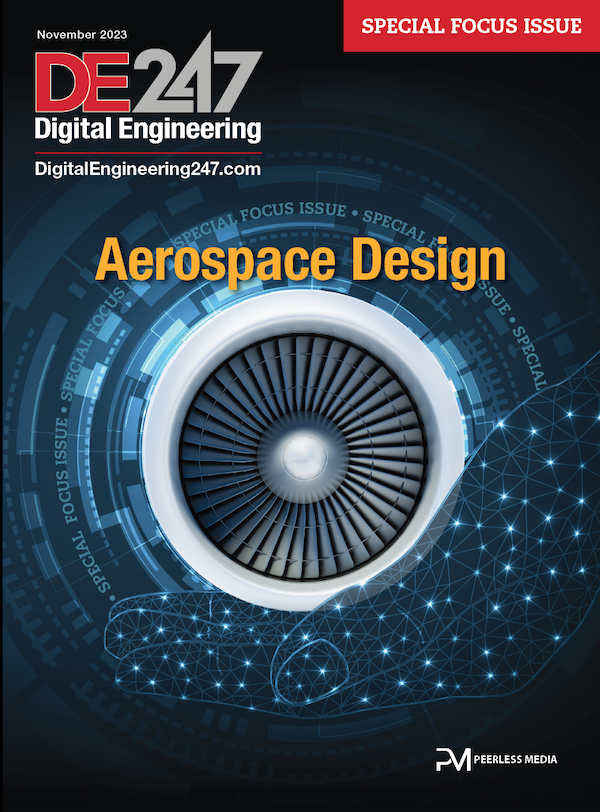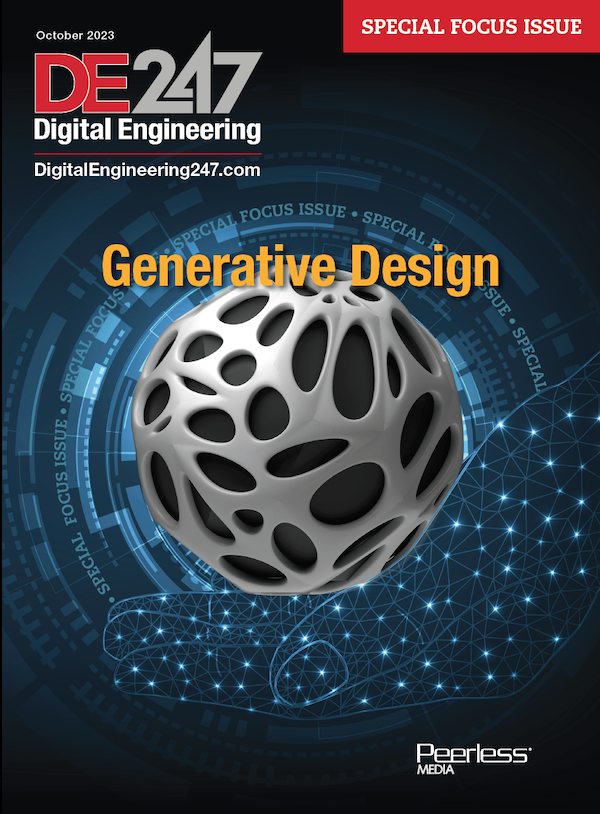Engineering for Change and Siemens Name Finalists in Design Challenge
Eight teams selected for innovations that address fundamental need for clean water and adequate food supply; winners will be announced September 2020.

The Innovate for Impact: Siemens Design Challenge is a call to action for engineers and hardware innovators to address two of the United Nations’ sustainable development goals—zero hunger and clean water. Image courtesy of Siemens and ASME.
Latest News
August 7, 2020
The Innovate for Impact: Siemens Design Challenge is an initiative created by Siemens, in collaboration with The American Society of Mechanical Engineers (ASME) and Engineering for Change (E4C). Announced in February, the challenge was a call to action for socially minded engineers and hardware innovators to address two of the United Nations' sustainable development goals—zero hunger and clean water.
Participants made up of engineering students, practicing engineers, faculty, entrepreneurs and global development practitioners from 34 countries, representing 43 universities, took part in the challenge and proposed more than 220 solutions addressing the quality of life in underserved communities. Last week, E4C and Siemens announced four finalists in each track.
The Zero Hunger Track finalists are:
- EcoLife Cold Room—Hadijah Nantambi, Ian Williams, and Kyle Gaiser, Uganda and U.S. A cold room for fresh produce that prioritizes cooperative design, affordability, sustainability, and technological innovation to benefit rural produce farmers in central and southern Uganda.
- Hybrid Multi-Crop Greenhouse Dryer—Mobolaji Oluyimika Omobowale, Nigeria. Solar drying at a large scale that mitigates post-harvest loss of grains, fruit, and vegetables among sub-Saharan African farmers.
- OnlyFresh—Chuma Asuzu, Canada. A standalone refrigerated unit for transporting fresh vegetables that will assist farmers, distributors and retailers in Nigeria.
- Solar Thermal Absorptive Refrigerator (STAR)—Angelica Errigo, Brianna Dooley, Sergio Andre Jordan Villena, Sandra Vergara Davila and Dr. Amy Ciric, U.S. and Peru. Reliable, sustainable charcoal and ethanol refrigeration unit that increases food safety for rural farmers and consumers in Peru.
The Clean Water Track finalists are:
- Apu uya Wuin—The Guardian of Water—Jhonn Aguilar, Manuel Mejia, Monica Gutierrez, Aliex Trujillo, Colombia. A ready-to-assemble device for solar water desalination augmented with an education strategy to assure social appropriation of the technology for the Parenskat-Wayuu ethnic community in the arid region of La Guajira, Colombia.
- Desalination Battery for Electrochemical Brakish Water Treatment—Lukas Hackl and Bilen Akuzum, U.S. and Germany. An electrochemical desalination system with significant energy efficiency and system scalability advantages over reverse osmosis and distillation methods that help almond and cashew farmers in California’s Central Valley and globally.
- Desalination for Santa Elena Communities, El Real—Francisco X. Plaza, Ecuador. Humidification and dehumidification technology that will provide a steady supply of potable water to reactivate the economy of drought impacted coastal communities in the Santa Elena province of Ecuador.
- Water Water Everywhere—Daniel Hodges, U.S. A wind-powered vacuum distillation system to help water-stressed coastal small families around the world.
“When we launched this initiative, none of us had any idea that a global pandemic would soon bring society to a standstill. I’ve been encouraged not only by the strong response we’ve received from innovators worldwide, but by witnessing people leverage this opportunity during such challenging times to collaborate virtually, united under a common mission to serve society,” says Barbara Humpton, CEO, Siemens USA. “We received brilliant submissions from more than 30 countries, and our eight finalists exemplify Siemens’ core belief: that a combination of ingenuity nurtured with the right digital tools enables us to expand what’s humanly possible.”
E4C, a platform and community from the American Society of Mechanical Engineers (ASME), architected the application and evaluation process, educated participants on human-centered design principles and provided a variety of other tools and resources. Siemens provided free access and training on technology tools for digital design and engineering from its Xcelerator portfolio, including Solid Edge software and a new co-creation platform developed with Siemens’ Mendix software for low-code application development.
The co-creation platform for the challenge opened on March 4. During the “plan and learn” pre-application phase of the challenge, prospective applicants were invited to review and consider participation in one of two tracks: zero hunger and clean water. Participants could learn more about the issues, access online training, review best practices and case studies in human centered design, and submission criteria for the Challenge. They chose to either design a postharvest off-grid preservation technology to reduce farm-to-table food loss in lower resource settings that lack electricity, or to design a very low-cost, energy-efficient, scalable technology for desalinating brackish water.
Over the course of the challenge, participants have been asked to: submit a 60-second video introducing their team and product concept; research and explore the needs of their end user; design their concept in 3D CAD software; iterate their design based on their research and provide justification for decisions; simulate how their product works; and submit a video pitching their product concept.
“The diverse teams and unique solutions assembled through the Innovate for Impact: Siemens Design Challenge demonstrate the capacity of the global technical community as a tremendous force for good,” says Iana Aranda, director of engineering global development programs for ASME. “While the COVID-19 pandemic has imposed limits around the globe, this digital challenge shows us that there are no limits to the social innovation drive of our community.”
Winners will be announced on September 15, 2020. Each winning solution will be awarded $10,000.
For more information about Innovate for Impact: Siemens Design Challenge, click here.
Sources: Press materials received from the company and additional information gleaned from the company’s website.
More American Society of Mechanical Engineers Coverage
More Siemens Digital Industries Software Coverage
Subscribe to our FREE magazine, FREE email newsletters or both!
Latest News
About the Author
DE’s editors contribute news and new product announcements to Digital Engineering.
Press releases may be sent to them via DE-Editors@digitaleng.news.






